Author: Lynda Benigno
The word grief is used to describe the profound pain that occurs after a loss. Grief has no time limit, is deeply personal, and can feel overwhelming. The death of a loved one, divorce, moving, job loss, or diagnosis of an illness can bring about grief. Grief is a pain that reminds us of what we love and value the most.
Everyone has a different way of processing loss. We humans are resilient creatures. Studies show how a person navigates everyday stress, and difficult emotions are the best predictor of how they will manage their grief. Some people may want to share and talk about their feelings, while others may prefer solitude. A person can waver between thoughts that are soothing to guilt-ridden. The stress of our emotions affects our physical body. Physical symptoms such as shortness of breath, tension, or absent-mindedness may appear. Some people have described feeling as if they are in a dream-like state, but they manage to function normally. Others feel restless or fearful. Crying, sighing, or anger is healthy and signals the physical release of stress in the body. Unresolved grief due to denial or difficulty coping can bring about physical symptoms such as loss of appetite, disrupted sleep, headaches, digestive changes, the use of alcohol or drugs, depression, and feeling helpless.
Some people grieve quickly, while others struggle. Having a support network is vital in the grieving process. Those who are empathetic and allow you the space to express your emotions ensure you don't become isolated, and talking helps to move the process along. Eat well, get enough sleep, and try to stick to your regular daily routine. Remember, you are adjusting to a new reality, and what you are feeling is okay.
The opinions expressed in this article are of the author and not intended to diagnose, treat, or cure any physical or mental condition. If you are struggling, please contact your healthcare provider, the National Suicide Prevention Hotline at 1-800-273-8255, or Stepping Stone Community Services at 330-577-4099.

